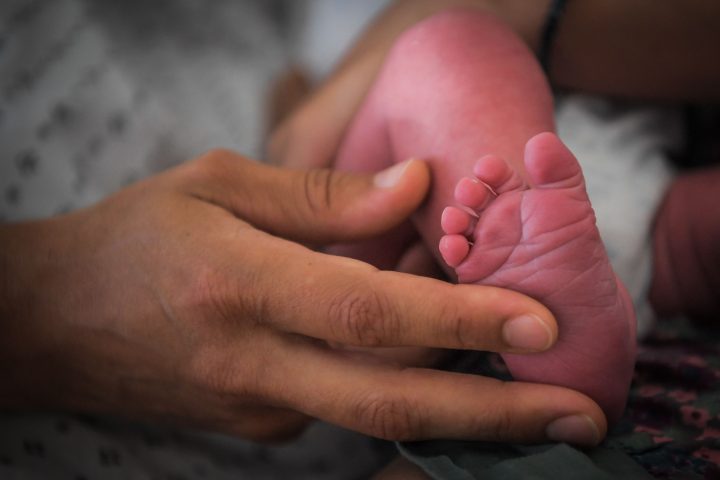People are deciding to not have kids over fears of them having to live through what they describe as an impending climate apocalypse, a new academic study found.

Researchers found that in a survey of 607 people aged 27 to 45 who considered climate change as a factor in their choice to have kids, over 96 per cent were either “very” or “extremely concerned” about the “well-being of their existing, expected or hypothetical children in a climate-changed world.”
“I feel like I can’t in good conscience bring a child into this world and force them to try and survive what may be apocalyptic conditions,” wrote a 27-year old who took part in the study, whose sentiments were common among the respondents.
“I was first committed not to bring any children into this doomed world, but then I met my husband and fell in love and I wanted them,” wrote another 38-year-old. “They have brought me so much joy, but I feel so guilty about it. I don’t want them to have to suffer through the future humans have created for them.”
The study, which is the first peer-reviewed of its kind and was published in the journal Climatic Change, also measured people’s concerns over the carbon footprint their children could potentially contribute to the climate emergency, though only about 60 per cent expressed concern.
“The fears about the carbon footprint of having kids tended to be abstract and dry,” told Yale-NUS College Professor and study lead Matthew Schneider-Mayerson to the Guardian. “But the fears about the lives of existing or potential children were really deep and emotional. It was often heartbreaking to pore through the responses — a lot of people really poured their hearts out.”

The study showed that vast pessimistic views of the future had induced much of the respondents’ fears over how climate change could impact their children’s lives. Of the 400 respondents that offered a vision of the future, over 92 per cent were negative and 0.6 per cent were positive. The other 5.6 per cent was either “mixed” or “neutral.”
Those negative responses were also backed by extremely negative descriptions of the future, with one 42-year old writing that the world in 2050 would be a “hot house hell” with limited resources, collapsing civilizations and all-around general devastation. Another response, this time from a 27-year old, was very similar in their description of the future: “Unrecognizable. Extreme weather. Food shortages. Political and economic dissolution. Large scale conflicts. Migration. Drought.”
The study also found that six per cent of parents felt some sort of regret or remorse over already having children, and that there were no significant statistical differences between the views of both men and women surveyed, though women made up more than 70 per cent of all respondents.

Get breaking National news
Schneider-Mayerson told the Guardian further research was needed with a more diverse group of people as all participants in the study lived in the United States and were mostly white, educated and liberal.
Previous studies into carbon footprint reduction suggested that choosing to not have children could be the greatest impact a person could make in the fight against climate change.

According to a 2017 study conducted by Concordia professor Seth Wynes, the four actions a person could do to drastically decrease their carbon footprint included living car-free, avoiding air travel, giving up meat and lastly — having a smaller family.
Several organizations have since formed to spread awareness on how reproduction could be the largest factor to the climate change crisis. The group Conceivable Future believes climate change to be a threat to “reproductive justice,” while a similar group, BirthStrike, declared that they won’t have any more kids because of “the severity of the ecological crisis and the current inaction of governing forces in the face of this existential threat.”
Katharine Hayhoe, an atmospheric scientist and political science professor at Texas Tech University, told the Canadian Press in 2019 that despite the carbon footprint induced by each additional child, the idea of having children is also tied to a sense of hope.
“Personally, I can’t advocate for people not to have children in order to fix climate change because why am I fixing climate change? I’m doing it because of my child and because of everybody else’s children,” Hayhoe told the Press. “So that’s what gives us hope.”
“It’s very hard to bring a child into this world but if we decide not to then there’s no hope in the world … It’s not black and white. It’s a very, very grey issue.”
— With files from The Canadian Press, Katie Dangerfield and Meghan Collie








Comments
Want to discuss? Please read our Commenting Policy first.